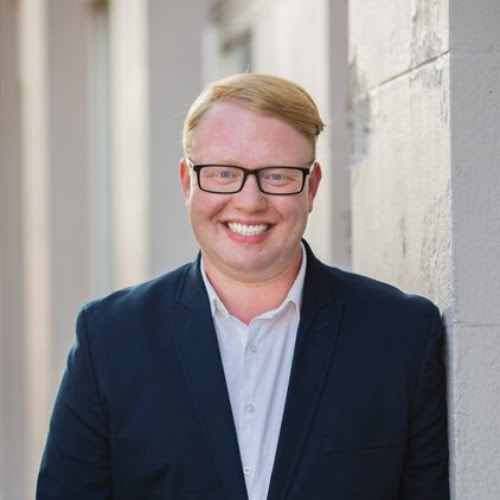THE COLLEGE FOR CONGREGATIONAL DEVELOPMENT
July 23-28, 2023 in Midland, MI
The College for Congregational Development (or CCD) is a comprehensive training program, rooted in the tradition, ethos, and character of The Episcopal Church, that seeks to nurture and develop congregational development practitioners from within the local community.
Originally begun in the Diocese of Olympia, CCD has grown and expanded, now supporting congregational development in over a dozen dioceses. This year, as announced by Bishop Singh at diocesan convention, Eastern and Western Michigan join the College, engaging our challenges and opportunities with new tools for progress, whether it be in church growth, formation, decision-making, worship, and gaining clarity in identity and mission.
The two-year program gathers in one-week sessions led by trainers from across the country. Participating congregations send 3-4 member teams who, together, will complete both years, engage in practical on-the-ground projects, required reading, and complete the final certification and graduation. Teams should include any parish clergy. For congregations for whom gathering a team of that size may be difficult, the formation of regional collaborations are encouraged.
With questions, please contact the Rev. Dr. Tracie Little, Director of our bi-diocesan CCD, at tlittle@eastmich.org.
LOCATION
FAQs & DETAILS
What is “congregational development?”
Congregational development is the development of congregations of all sizes and locations into more faithful, healthy and effective communities of faith that are:
- Focused on and faithful to their unique reason for being/primary task as congregations which are full expressions of the Body of Christ
- Connected to and expressive of their unique ecclesial tradition, ethos and character
- Self-renewing and responsive to the challenges and opportunities before them
- Sustainable or working toward greater sustainability in terms of a fit between the elements of their organizational life: vision for ministry, leadership, culture, size, property, finances, etc.
What will participants learn?
The College seeks to quip people with knowledge and skills at three levels: individual, team, and system. The program includes theory, application exercises and experiential learning, and planning, doing, and evaluating at-home projects.
The program works toward the development of a learning community throughout the dioceses, sharing common experience, skills, and language for working together.
Facilitation skills are a particularly central practical element of learning throughout the program. We also make extensive use of a set of core models to help us think about our congregations as systems.
Who should we invite to join our team?
Teams should be 3-4 people with interest and capacity to learn, engage, and bring the content home to their congregation. Clergy staff should be part of their congregation’s team.
Teams are usually from a single congregation. We will also accept combined teams from congregations in collaboration with one another.
What are the components of the training that team members will be expected to complete?
In order to graduate, all team members must participate in Year 1 and Year 2 sessions, complete a required reading list, conduct and participate in two team projects in your congregation, and complete a final core models exam (which can be retaken as needed until passed).
Where will we sleep? Where will we meet?
In this inaugural session of our Eastern and Western Michigan CCD, participants in need of local accommodation will stay in on-campus housing at Northwood University in Midland. While specific assignments will be made by our CCD organizers based on mobility needs and more, most participants will be assigned to single bedrooms within air-conditioned four-bedroom, two-bathroom apartments.
Our training sessions will all take place at St. John’s Episcopal Church in Midland, a short 6-minute drive from Northwood.
What are the expectations around COVID-19 health and safety?
Specific COVID-19 expectations and policies will be set closer to the session in consideration of our status at that time. Regardless, up-to-date vaccinations and boosters are encouraged.
REGISTRATION
HOW MUCH DOES CCD COST?
Through significant subsidy from the dioceses, congregational teams of up to three people are able to attend the week-long session for the flat fee of $900, including all materials, meals, accommodations, and more. Additional team members are welcome; each additional member adds $900.
If this amount is prohibitive, please contact Canon Tracie Little to inquire about additional assistance at tlittle@eastmich.org.
HOW WILL PAYMENTS BE HANDLED?
Due to the larger fee associated with this event, we will not be processing payments on the registration form. After you register, you will receive an invoice for your team from The Episcopal Diocese of Eastern Michigan (they’re handling the income/expenses for CCD), which will be payable by credit card or check.
—
The deadline to register your team is (REVISED) June 1st.








 Dear Friends,
Dear Friends,






